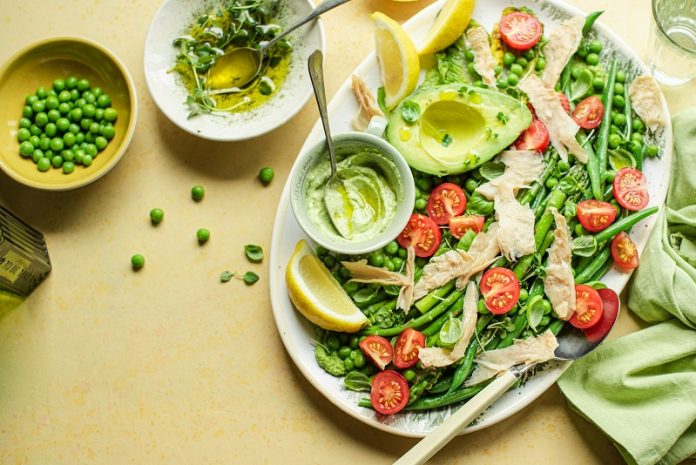
Study finds plant-based diets are adequate but often rely on processed products.
A recent study from the University of São Paulo has found that vegans generally consume enough protein and essential amino acids through their diets, but some rely on processed foods like protein supplements to meet their needs.
This research, published in JAMA Network Open, involved 774 men and women who follow a vegan diet.
The study revealed that the participants mainly ate unprocessed or minimally processed foods, but those who ate fewer industrialized products, like textured soy protein (TSP) and protein supplements, were more likely to have inadequate protein intake.
This shows that while a vegan diet can provide enough nutrients, some people still rely on processed protein sources to meet their needs.
Ultra-processed products, a term coined by researchers from the same university, are foods made from industrial ingredients combined with chemicals to enhance taste, texture, or appearance.
These include products like vegan meat substitutes (e.g., vegan burgers and sausages) and protein supplements.
“Our findings challenge the belief that a vegan diet can’t provide enough protein,” said Professor Hamilton Roschel, the lead author of the study.
“The study shows that vegans, on average, do meet their protein needs and that they consume fewer ultra-processed foods than the general population.”
The study tracked participants’ food intake by asking them to keep daily food diaries.
The researchers then measured how much protein and essential amino acids participants consumed, as well as how much of their diet was made up of unprocessed, processed, and ultra-processed foods.
The results showed that 66.5% of the participants’ diets were made up of unprocessed or minimally processed foods, while only 13.2% came from ultra-processed products.
This is a healthier ratio compared to the general Brazilian population, where 44.9% of the diet comes from unprocessed foods, and 23.7% comes from ultra-processed products.
The study found that some vegans rely on ultra-processed products to meet their protein needs. While unprocessed foods like rice and beans are healthy, they contain less protein than animal products.
As a result, many vegans turn to processed products, such as textured soy protein or protein supplements, which are considered ultra-processed but still provide important nutrients.
Although ultra-processed products are often associated with health risks such as weight gain, heart disease, and even some cancers, not all of them are equally harmful. For example, soy-based products like textured soy protein and certain plant-based protein supplements have been found to be safe and beneficial for vegans. They provide a good source of protein and essential amino acids without the high levels of fat, sugar, and preservatives found in other ultra-processed foods.
Professor Roschel emphasized that while the study does not encourage the consumption of ultra-processed products, it is important to recognize that some processed foods, like soy protein and plant-based supplements, play a valuable role in ensuring a nutritionally balanced vegan diet.
The researchers also stressed the need for better access to healthy, natural foods and improved nutritional education, so people can make informed dietary choices. As the market for plant-based foods grows, they believe government regulations are necessary to ensure these products are affordable, high-quality, and transparently labeled.
If you care about nutrition, please read studies about the best time to take vitamins to prevent heart disease, and vitamin D supplements strongly reduce cancer death.
For more information about nutrition, please see recent studies about plant nutrient that could help reduce high blood pressure, and these antioxidants could help reduce dementia risk.
Source: FAPESP.



